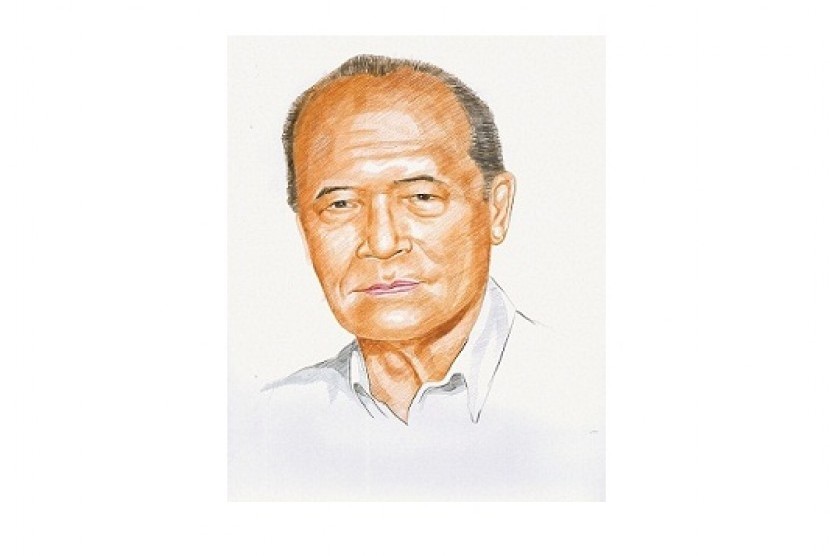REPUBLIKA.CO.ID, By. Ahmad Syafii Maarif*
If we want to be honest with Islam as a last sky religion wishing to greet (freshness, peace, security, health) and Rahma (mercy, affection, compassion, sympathy, kindness), then what is happening in parts of the Muslim world from the beginning until now is a betrayal of the values above it all.
Bloodshed among Muslims took place in the early era, when the grave of the prophet still fresh. Caliph Utsman bin Affan was murdered on June 17, 656 AD after Muslim conspiracy of Kuffa and Egypt start the match. This tragedy was entirely concerned with the question of power and the spoils of war, while the Caliph himself did not like bloodshed, but helpless.
Utsman was accused of nepotism killed without defense, after his house was besieged for 40 days, said one source. Not because neither side was ready to defend, but because of the personality of the caliph who did not want to be assisted in order to avoid bloodshed among Muslims.
Utsman's murder had sparked an escalation of political control. Various parties involved with a variety of motives, but it could not be separated from the problem of power interests. "Utsman was succeeded by Ali bin Abi Talib, the fourth caliph of al-Khulafa al-Rasyidun: Abu Bakr (632-634), Umar bin al-Khattab (634-644), Utsman bin Affan (644-656), Ali bin Abi Talib (656-661).
Years after the prophecy, Arab Muslim territory was becoming increasingly enlarged through political and military expansion, but internal conflicts among Muslims could no longer be contained, especially at the end of the period at the beginning of the reign of Utsman and Ali. All of these discord were actually Muslim Arab, but why must extend to the entire Muslim world in the following centuries? Are the entire Arab Muslim elite behavior should be emulated and good?
On Saturday, June 18, 656, Ali inducted in the mosque of Kufa (Iraq) to became caliph, a day after the death of Utsman. At the beginning of the reign of Ali's two civil wars which raged terrible and shocking. First, the Battle of the Camel (December 8, 656) near the city of Basra, southern Iraq, around camel Aisha.
Just seven months later, Siffin War occurred (26-29 July 657), which is worse in the south of the Euphrates (Iraq). Two warring fellow Muslims almost crush the social fabric of Muslims who were very young at the time.
Camel war involving the widow of the Prophet and his companions were Nearby: Aisha and her supporters and Ali with his supporters. This is the first civil war after the death of the Prophet among Arab Muslim community. It is difficult to imagine why the drama of this kind should occur involving the elite of Quraysh that Muslims must understand the Quran because the Prophet taught directly.
But, apparently all was not enough to curb their ambitions and the absence of a willingness to make peace between the warring parties. How hard Muslims beat their own ego and that it is not uncommon packed with sacred texts and religious arguments. Of course we, especially me, cannot judge which of those involved in the dispute, which is in the right or in the wrong.
The Syiah group, and its supporters, surely belief Aisya and her supporters as the wrong side and 'Ali as the true one. Moreover, the Prophet's widow lost the battle of the camel.
Translated by: Idealisa Masyrafina


